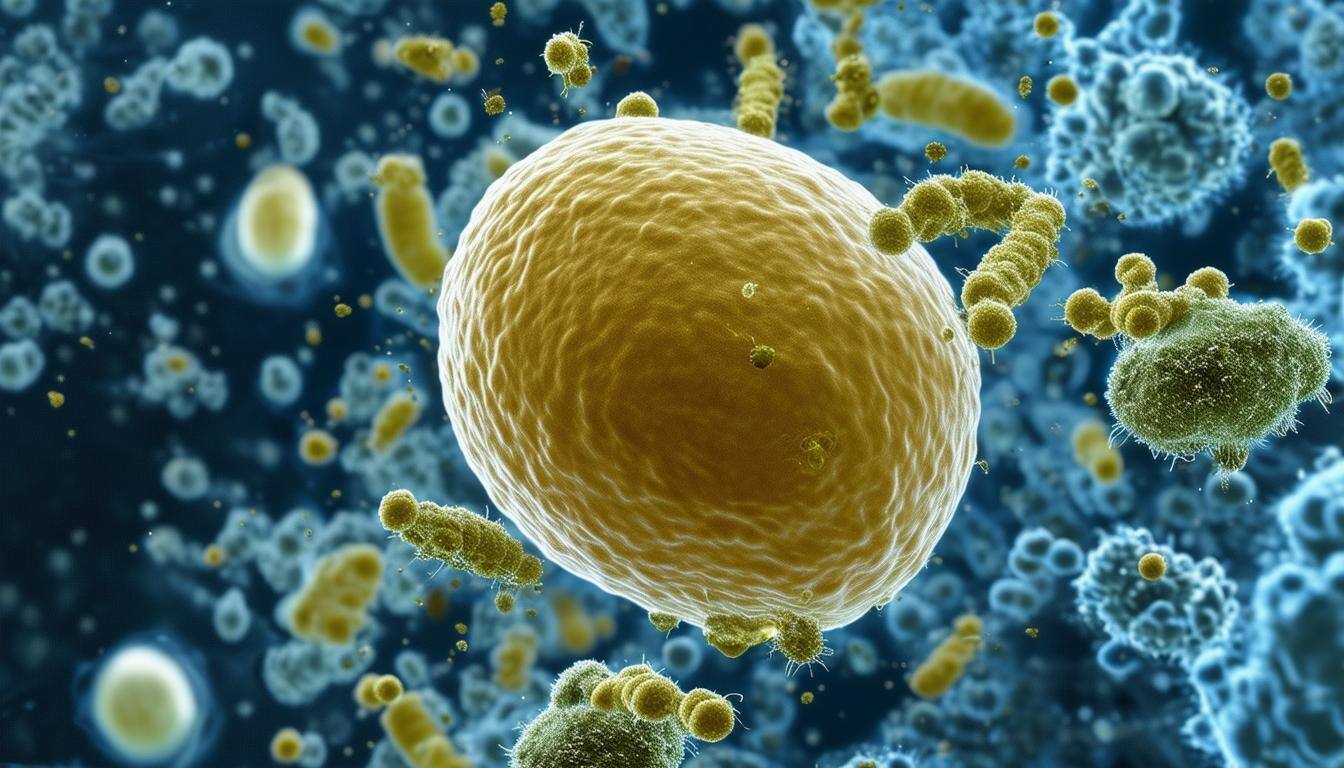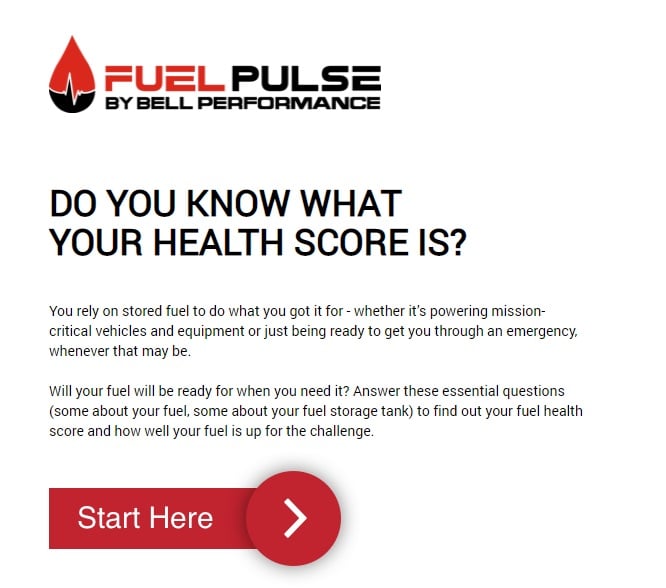The fuel contaminants you need to watch out for
Crude oil comes out of the ground as a mixture of components formed from prehistoric plants and animals over eons of time. 142 refineries turn it...

An essential pare of proper care of stored fuel is monitoring its condition to pay attention to any changes that might hint at a problem developing. You also need to sample the fuel and have it tested at given intervals. The tests that you would run depends on what problems you think the fuel might be developing (or already have). But this necessarily entails knowing when you need to sample your stored fuel. In other words, how often.
 Ask a hundred operations managers that question and you’ll get, maybe not 100 different answers, but a bunch of them. The seemingly-easy answer is you should sample when you think you have a problem. That’s not really what we’re getting at. Condition Monitoring implies taking preventing steps to monitor the condition of the fuel, to see whether it changes (and if so, how it does).
Ask a hundred operations managers that question and you’ll get, maybe not 100 different answers, but a bunch of them. The seemingly-easy answer is you should sample when you think you have a problem. That’s not really what we’re getting at. Condition Monitoring implies taking preventing steps to monitor the condition of the fuel, to see whether it changes (and if so, how it does).
So the answer isn’t just sampling when you think you have a problem. You want to sample your fuel for condition monitoring on a regular schedule. There are inherent advantages to doing it this way. You’re better able to put context to any changes you observe with the fuel because you’re aware of the amount of time that has passed between samples.
Monitoring the fuel at regular intervals is especially important when it comes to preventing microbial problems. Sampling the fuel at given intervals enables you to trend the microbial levels (by doing an ATP-by-filtration test) and predict when the fuel is going to experience microbe problems (by judging when the microbes levels in the field will increase above the problem threshold).
But the biggest reason why you should check microbe levels in the fuel at regular intervals is because only by doing that can you determine the specific “control interval” for your tank. One size does not fit all any more, especially when it comes to microbes in fuel. Microbes grow differently and cause problems differently in different storage tanks and fuel systems. And while it’s sometimes useful to rely on the experiences of others like you when predicting when problems might arise, that’s not as useful as knowing the most about your own system. If you sample and test your fuel enough to see that your tank typically develops microbe problems every, say, 12 months, that’s valuable information that enables you to make the right decision for the health of your fuel.
So how often should you sample stored fuel to check for problems like microbes? The best practice is to sample your tank(s) 3 times during each control interval. If your control interval is 12 months, then you want to sample 3 times during that 12 month period. That means sampling 3-4 times per year. Just do it once per quarter to make things simple.
And there you have it. How often should you sample your stored fuel? 3 times during the control interval for your system, or once every quarter (whichever is more often). Remember, though, that’s for microbial testing. You may not need to do other ASTM testing as often as that; once a year is what’s recommended for other ASTM tests. And you may wish to sample more often to do cursory physical checks like appearance. Sample for those once a month.

Crude oil comes out of the ground as a mixture of components formed from prehistoric plants and animals over eons of time. 142 refineries turn it...

These days, people are trying to quantify everything, to come up with a number that tells them in simple terms what they think they need to know. It...
You likely know well that fuels are not what they used to be. It’s easy to see that fuel – both gas and diesel – behaves differently than it used to.